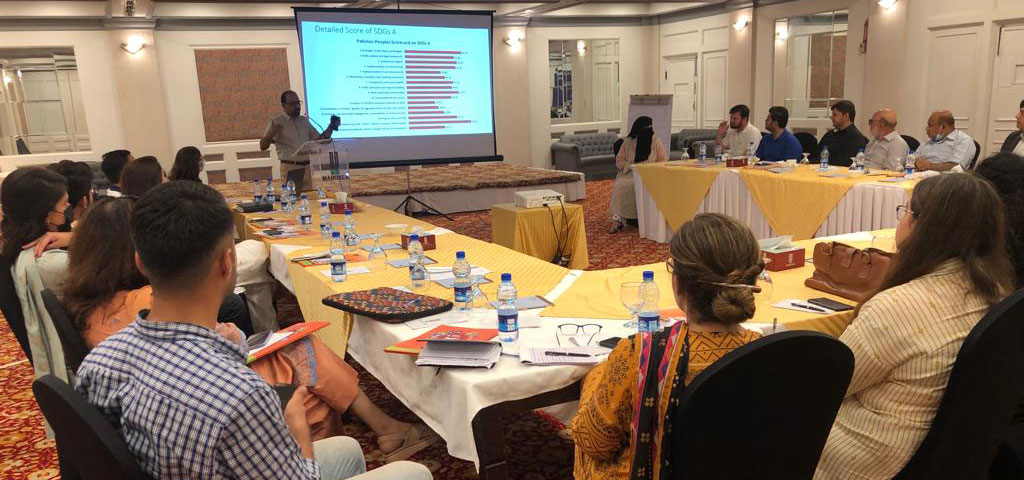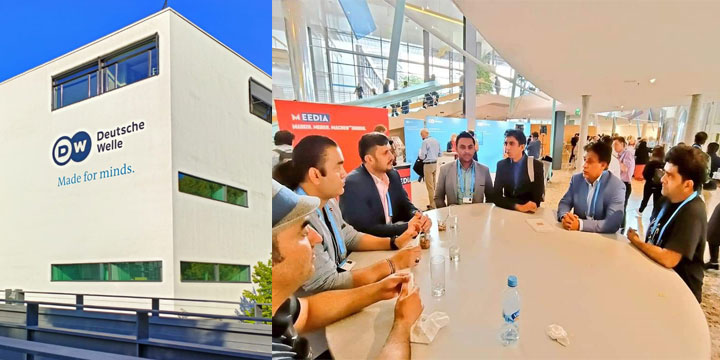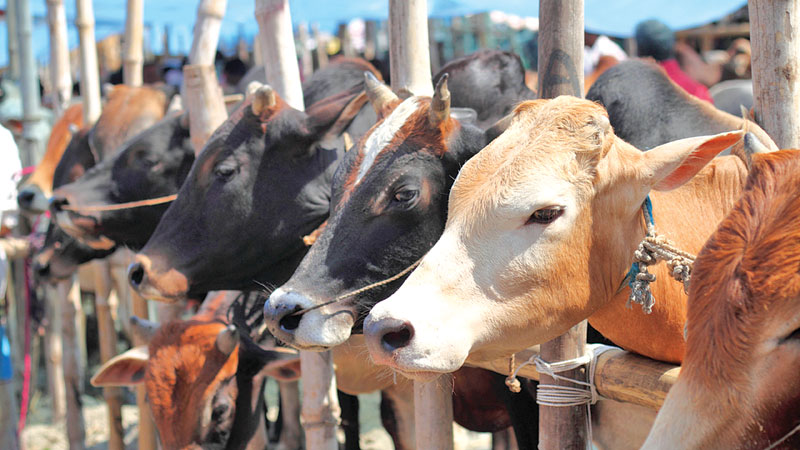ISLAMABAD: Highlighting the important role of the Voluntary National Review process towards achieving Sustainable Development Goals, the participants stressed the importance of an integrated & participatory approach to the making of Voluntary National Review Report.
The process adopted by Planning Commission of Pakistan was inclusive and broad-based, however, the official VNR report does not reflect the progress on critical SDGs that related to basic social services including education, human rights, women & gender rights, peace, democracy and accountability mechanisms. These thoughts were expressed in Pre – HLPF CSOs Consultation session on Voluntary National Review (VNR) process and report, organized by AwazCDS-Pakistan and Malala Fund in Islamabad. Presented every year at the UN High-level Political Forum on Sustainable Development (HLPF), VNRs provide the opportunity for countries to share their individual experiences, including successes, challenges and lessons learned, with a view to accelerating SDG implementation.
The review process and report also discusses the governing framework and policies supporting the development process. Chief Executive Awaz CDS Pakistan, Zia ur Rehman appreciated government for setting up institutional structures like Parliamentary Task Forces and SDGs Units at national, provincial and regional levels to facilitate and oversight the implementation processes towards the achievement of SDGs. He expressed concern that the official VNR report apparently focuses on the SDGs other than the five priority SDGs for this year’s HLPF review, including Goals 4 (Quality Education), 5 (Gender Equality) 14 (Life Below Water), 15(Life on Land), and 17 (Partnership for the Goals). He expressed his dismay for not reflecting progress on quality education and gender equality as standalone segments. According to him the report also failed to capture and highlight the stakeholders input on VNR process and progress on SDGs collected through stakeholders’ consultations held across Pakistan. Manager Programs & Campaigns AwazCDS, Maryam Amjad Khan presented the combined statement of national CSOs on SDGs for HLPF 2022. The statement highlighted the importance of collecting information through Peoples Scorecard and collecting input from the civil society organizations on the subject. According the results of People Scorecard 2022 the average score of progress on SDGs is 27 as compared to the average score of 22 in 2021. Pakistan Development Alliance releases the People Scorecard on SDGs every year to measure the progress on SDGs. Global score for Pakistan progress on SDGs is 59.34.
The global score is determined through government sponsored secondary data whereas People Scorecard (PSC) is based on the evidence based perception of informed civil society in Pakistan. All sessions were interactive to ensure everyone’s participation. Around 35 members from civil society organizations (CSOs) and INGOs including Sightsavers, VSO, Save the Children, Sir Sayyad Deaf Association, Aurat Foundation, Hashoo Foundation, SAPRC, PCHR, SEDA, Society for Sustainable Development and others participated in the consultation, mostly from organizations led by women, youth, transgender, people living with disabilities and minority groups.








